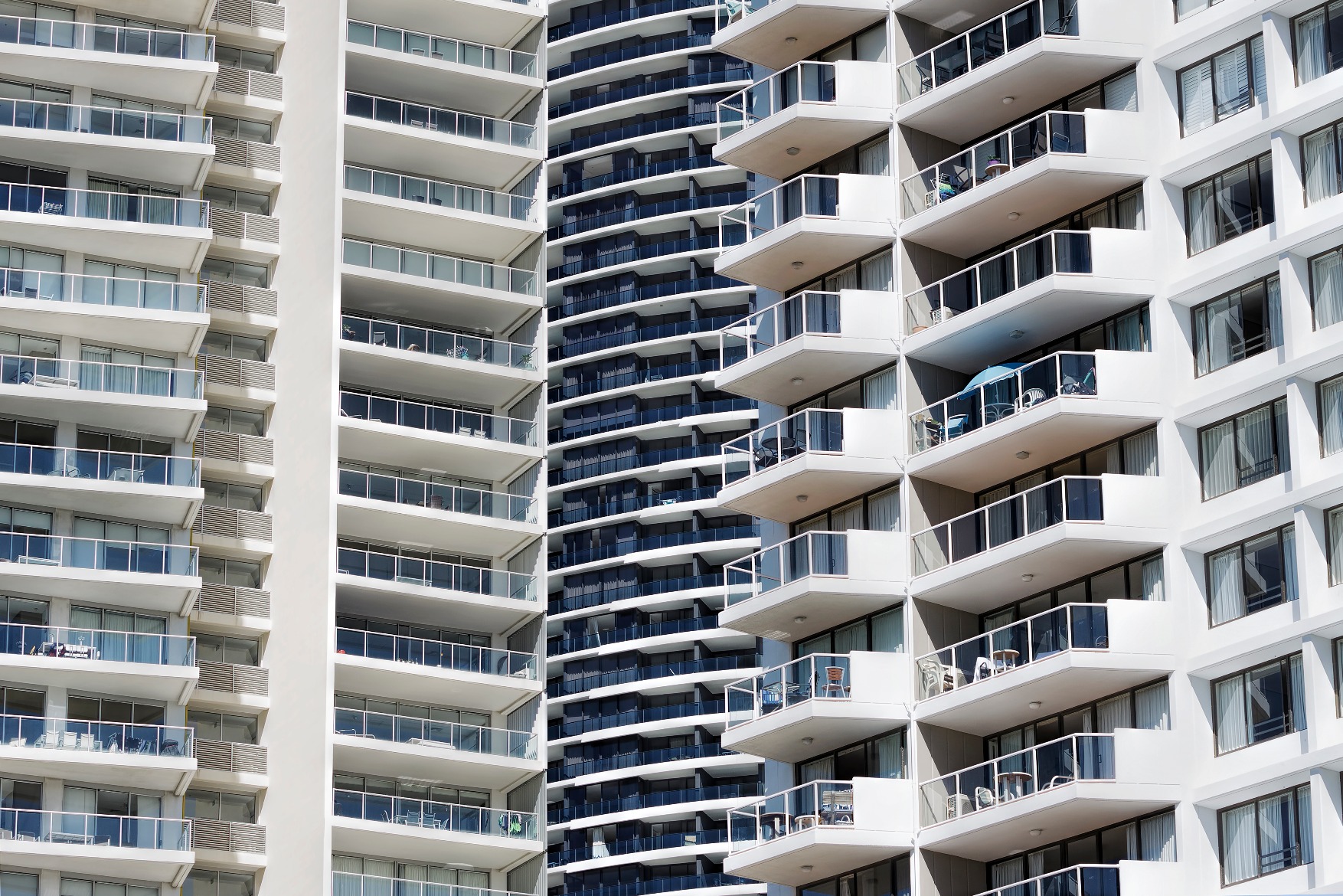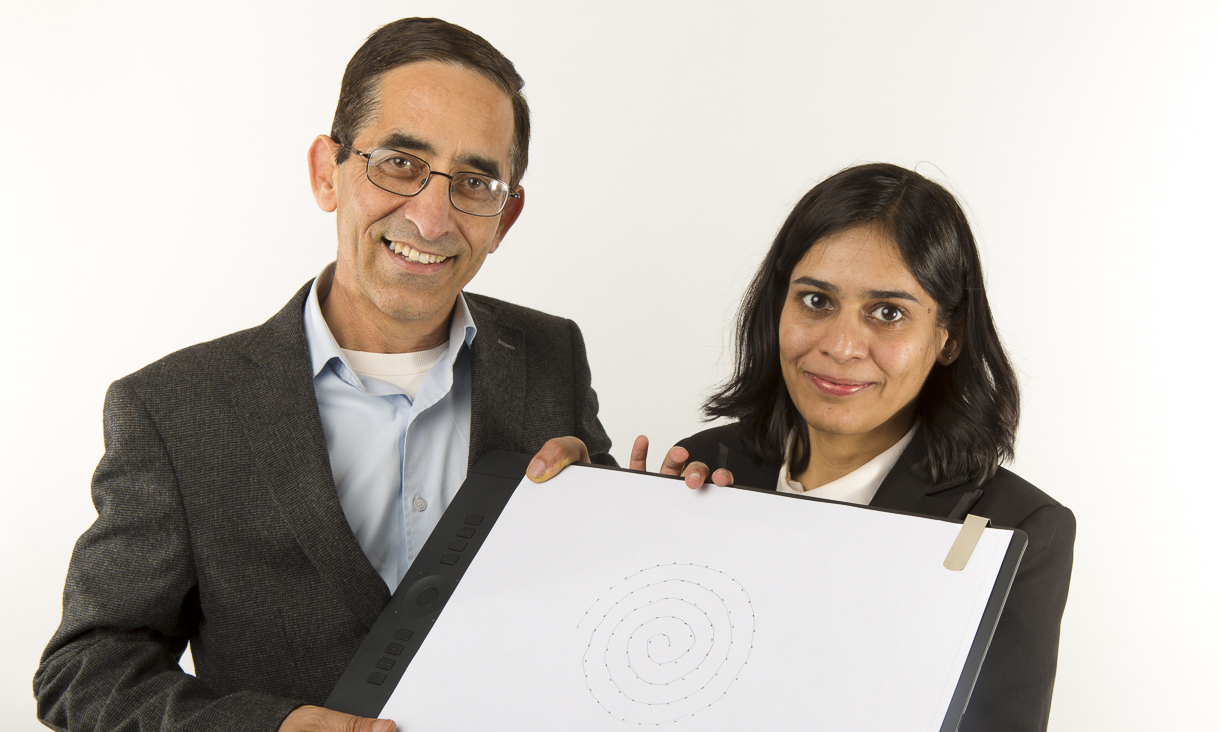With more apartment blocks set to rise across our cities, Australia’s construction boom has ignited concerns about the quality and amenity of these new buildings.
Once built and sold, apartment buildings are often difficult and expensive to retrofit or rebuild, so the impact of poor building design could plague residents for generations.
Despite the permanence of these buildings, there is little evidence-based planning guidance on the design of apartments that could enhance health and wellbeing of its residents.
A new research collaboration between RMIT University and the University of Western Australia has been established to help guide future policy decisions on the design and location of higher density housing for healthy, sustainable and equitable communities.
The project, Optimising apartment design policy to equitably enhance mental health, was recently awarded more than $295,000 by the West Australian Health Promotion Foundation, Healthway.
Chief Investigator and Vice-Chancellor Fellow Dr Sarah Foster, from the Healthy Liveable Cities Group based at the RMIT Centre for Urban Research, says that despite health promotion agencies advocating for increases in residential density, these neighbourhoods need to be carefully designed and built to manage multiple health outcomes.
“Apartment buildings now account for for one-third of all residential building approvals in Australia and have doubled in the last decade,” she says.
“In Perth alone, more than 20 per cent of new dwelling approvals are for apartments.
“While there are many factors that shape mental health and wellbeing, buildings with insufficient space, restrictive layouts, and poor acoustic and visual privacy, can negatively impact our quality of life, anxiety and stress.
“The Western Australian government is introducing a new apartment design policy in 2018, with minimum standards to help create more functional and healthier dwellings.
“Our study aims to generate evidence on the key health enhancing design requirements that should be entrenched in the new Design WA Apartment Design Guidelines.”
The project will sample apartment buildings built between 2006 and 2016 in Perth and Sydney from neighbourhoods with different levels of socio-economic disadvantage and access to services and facilities.
Connecting apartment housing policy and mental health and wellbeing, the research will address the apartment and building design, exposures and influences, potential explanatory pathways and health outcomes.
Development applications will be used to create policy-specific quantifiable measures of apartmentand building design, with Geographic Information Systems used to generate neighbourhood liveability measures.
Residents will also complete a survey on apartment design, health behaviours, and mental health and wellbeing outcomes.
According to Foster, other Australian states are in the process of introducing more comprehensive apartment design guidelines, with Victoria releasing “Better Apartment Design Standards” in 2017.
“This study addresses these gaps by creating policy-specific measures of apartment design and assessing their association with mental health and wellbeing,” she says.
“We anticipate that the study’s findings could help to inform the content of the Victorian guidelines in any future policy revision – helping to protect or introduce new requirements - as most of the design features and themes examined in the study are universal.
“By generating new knowledge and partnering with government to monitor the implementation of ‘healthy’ apartment design standards, this project has the potential to contribute to the creation of healthy, equitable, apartment development in WA for this and future generations.”
Story: Chanel Bearder




.jpg)
